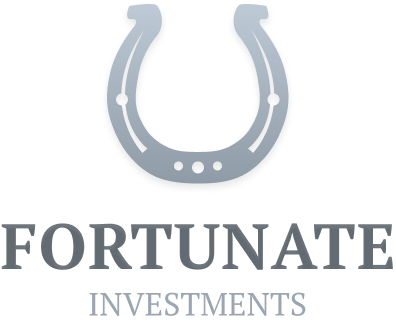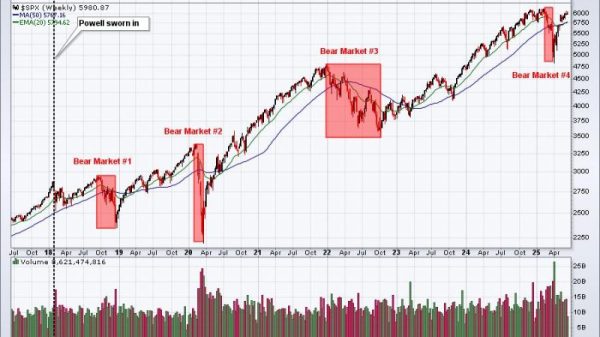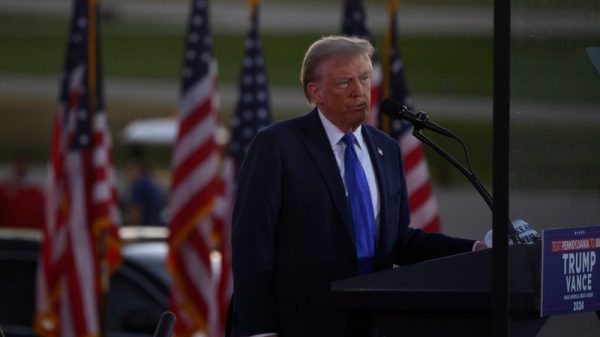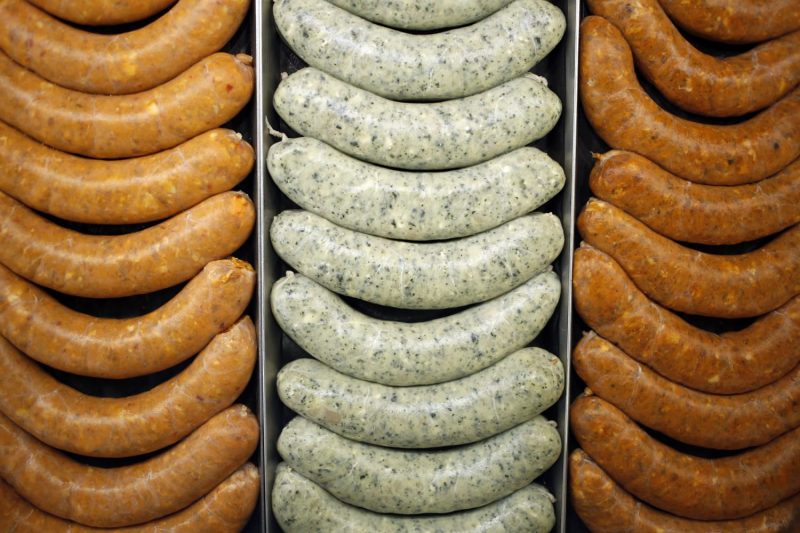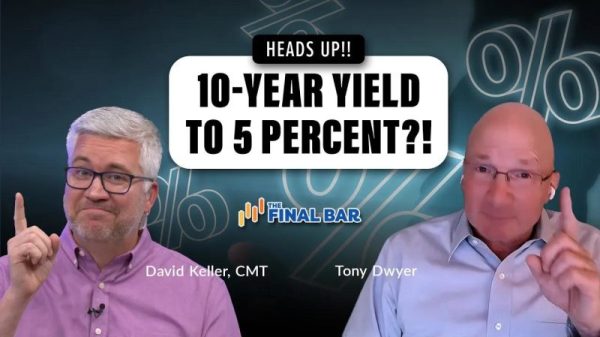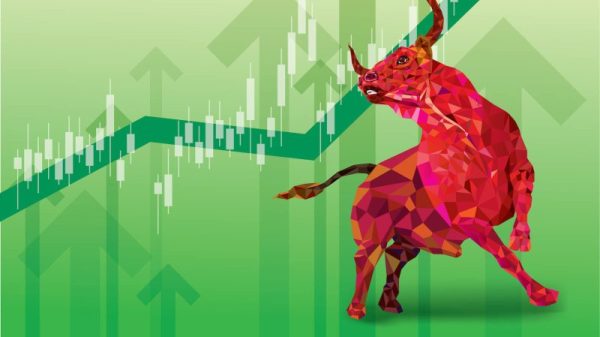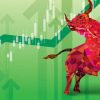An uptick in sausage demand can offer the latest sign of consumers tightening their belts as they continue grappling with high prices.
There’s been “modest growth” in the dinner sausage category for one producer, according to the Dallas Federal Reserve’s Texas Manufacturing Outlook Survey released Monday. This underscores the trends of shoppers opting for cheaper products and pulling back spending all together as cumulative inflation bites into purchasing power.
“This category tends to grow when the economy weakens,” the respondent said, according to edited comments included in the Dallas Fed’s report. That’s because “sausage is a good protein substitute for higher-priced proteins and can ‘stretch’ consumers’ food budgets.”
This anecdote pointed out by eagle-eyed Bespoke Investment Group on X comes as grocery prices remain top of mind for consumers. While the rate of annualized inflation has fallen closer to levels deemed healthy by economic policymakers, the collective increase in prices compared with just a few years ago has left everyday Americans feeling sour about the state of the national economy.
Additionally, it bolsters two themes emerging as hallmarks of today’s post-pandemic economy.
A growing chorus of corporate executives, including those leading some of the largest restaurant chains, have warned that the consumer is starting to slow down. In particular, they’ve pointed to stress on lower-income tax brackets as they attempt to make their dollars go further.
The shift to sausage also highlights an action experts call the “trade down.” Carefree customers may select protein that’s typically more expensive like steak or chicken. On the other hand, price-conscious shoppers will hunt for sausage or other lower-cost alternatives.
Other food manufacturers who responded to the Dallas Fed’s survey also raised concern about their economic health. One said agriculture as a whole was “hurting,” citing challenges from factors like weather and higher costs.
Another put it more plainly, saying it was “preparing for the recession.”
